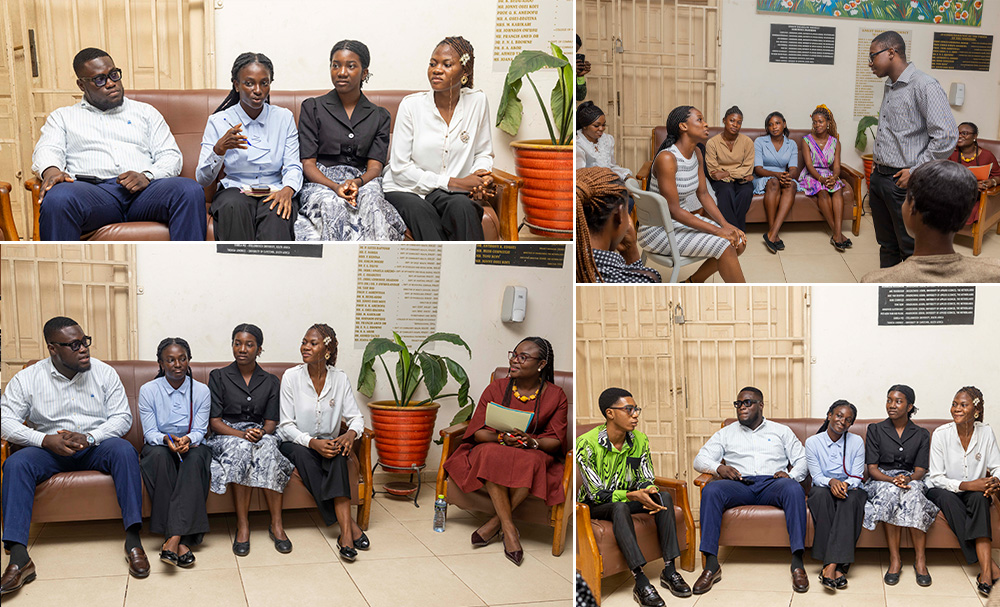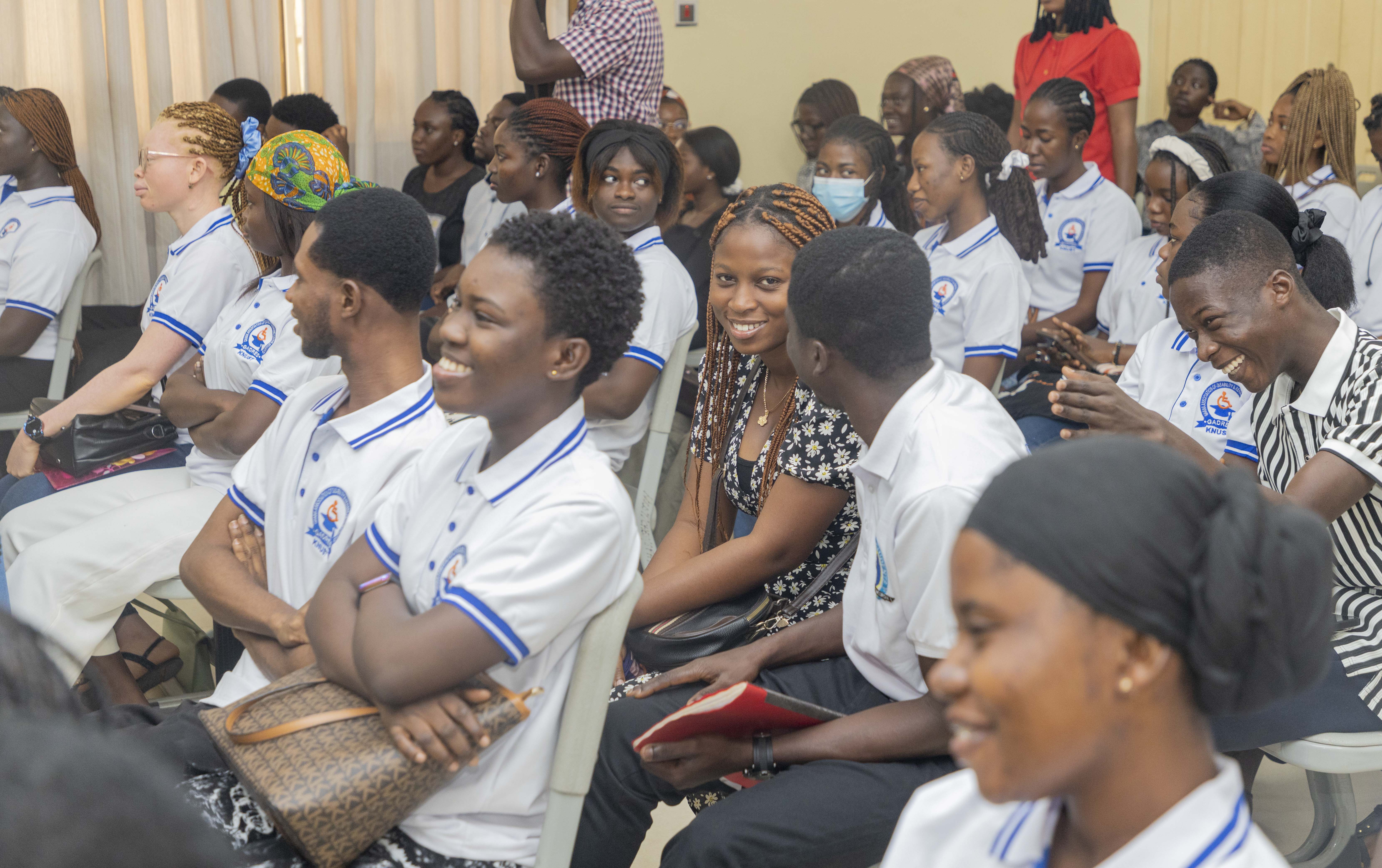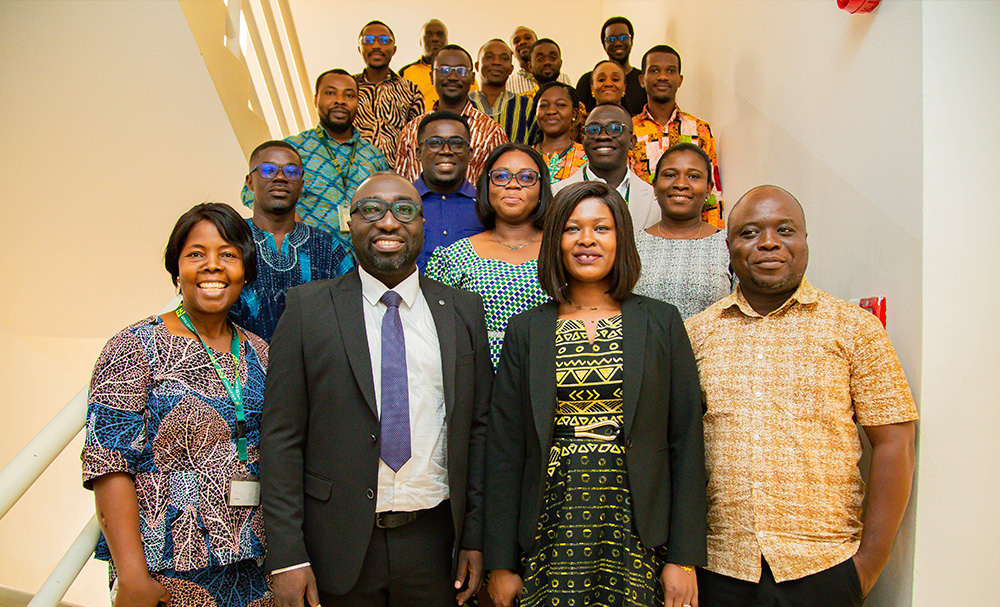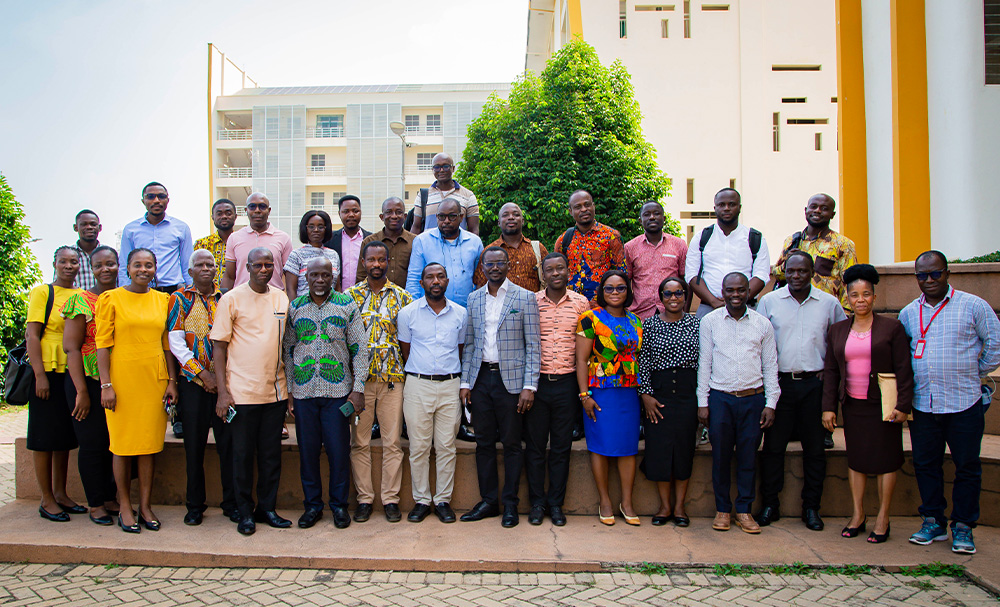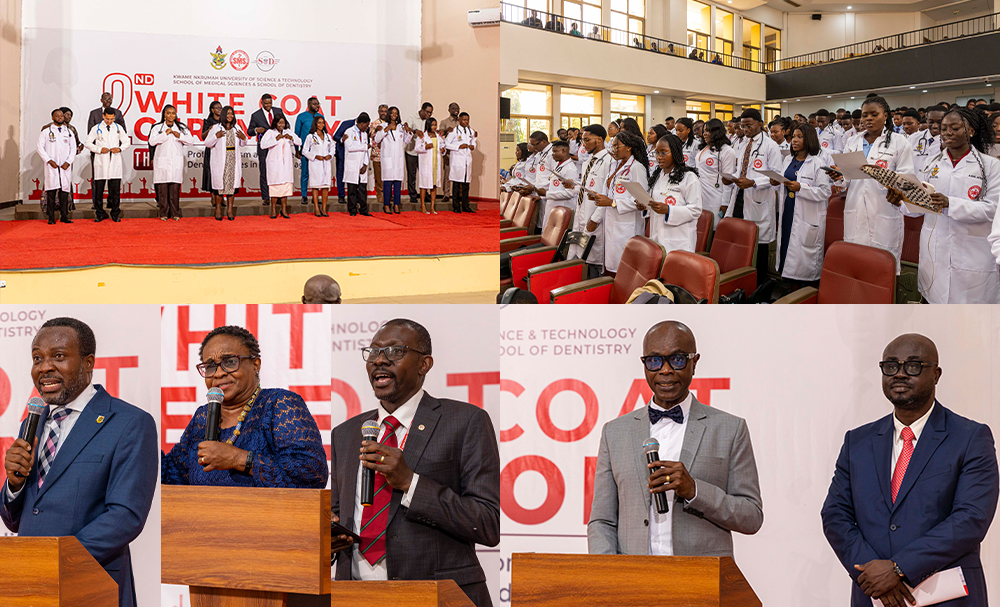Limited Eye Care in Schools Hinders Children's Learning in Ghanaian Municipality – Study Reveals
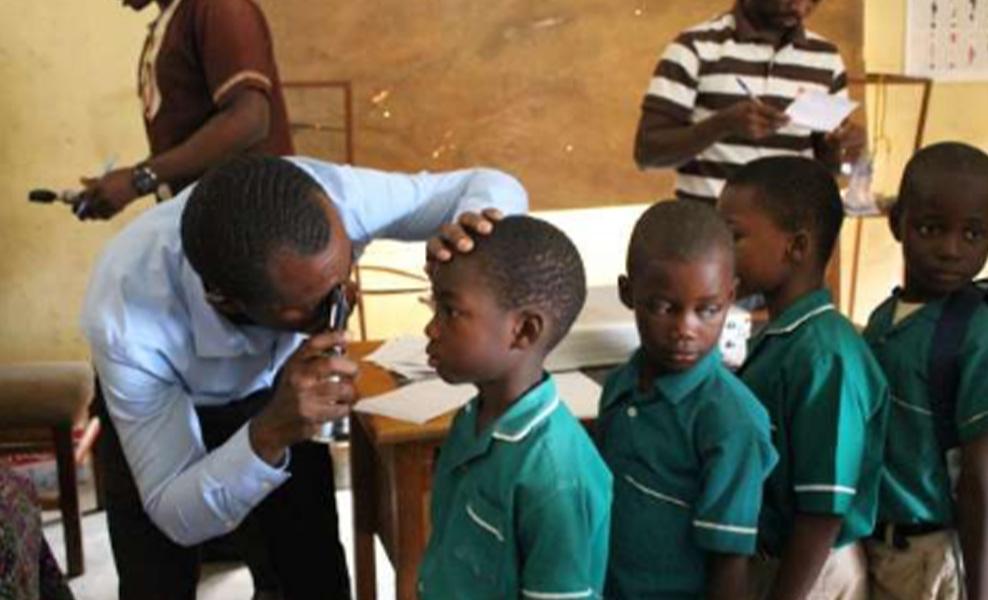
Despite evidence showing that vision impairment can significantly hinder a child’s academic performance and long-term well-being, eye health remains largely overlooked in school health delivery.
A study conducted by researchers from the Department of Health Promotion and Disability Studies, School of Public Health, Kwame Nkrumah University of Science and Technology (KNUST), Kumasi, has shed light on the limited and inconsistent availability of eye health interventions, highlighting the urgent need for structured programs and policies to address this public health challenge.
The study found that no basic school in a selected Ghanaian municipality implements a comprehensive School Eye Health Program (SEHP), despite the growing risk of childhood visual impairment and its negative impact on education.
The research, led by Dr. Christopher Senyo Adzaho, highlights a critical gap in the delivery of eye health interventions in basic schools.
The cross-sectional study surveyed 60 head teachers, 17 school health coordinators, and 7 health workers using semi-structured questionnaires and interviews.
Although over 60% of schools had, at some point, introduced isolated components of eye health interventions, such as Vitamin A supplementation and basic vision screening, the study revealed a complete absence of structured and comprehensive eye health programs in all schools surveyed.
The findings, published in Frontiers in Public Health Journal, showed that Community and Public Health Nurses are the most utilized human resources in delivering these limited services.
However, the lack of standardized guidelines, follow-up mechanisms, and the provision of spectacles for children diagnosed with refractive errors severely undermines the effectiveness of these efforts.
The researchers identified key barriers, including inadequate financial support and a shortage of trained personnel. Without urgent policy action and resource allocation, the authors warn that many children with vision problems will continue to fall behind academically, regardless of the quality of their learning environment.
The study concludes with a call for the implementation of comprehensive SEHPs across schools to ensure early detection and management of vision impairments, which is essential for protecting children’s educational opportunities and long-term well-being.
Co- authors include Dr. Emmanuel Appiah-Brempong, Dr. Princess Ruhama Acheampong, and Mr. Ernest Ekutor.
Story by: Edith Asravor

